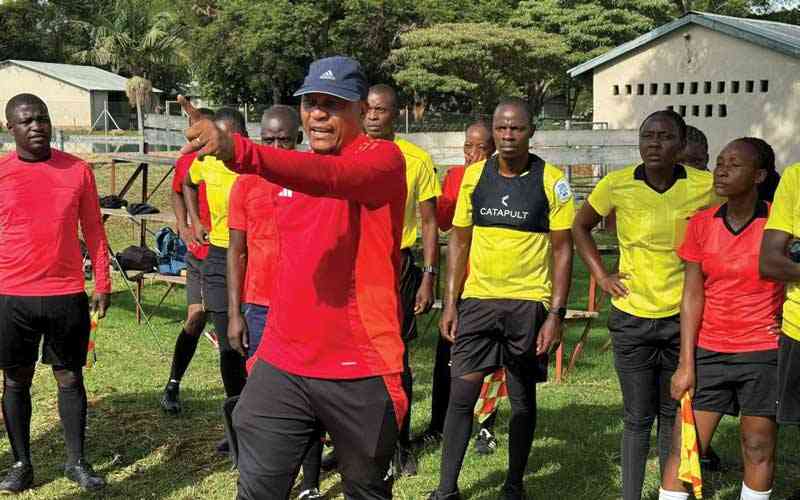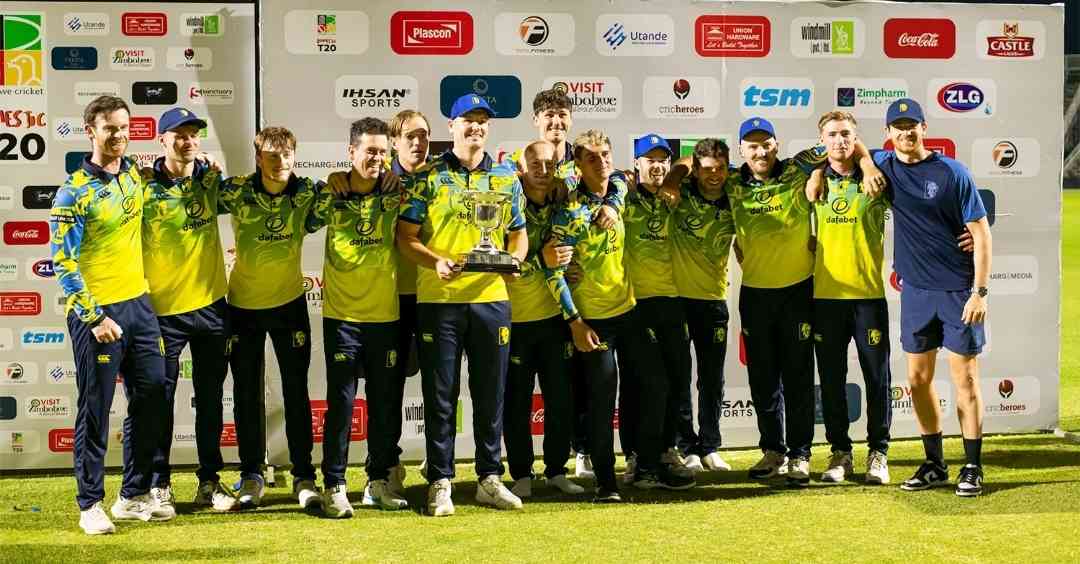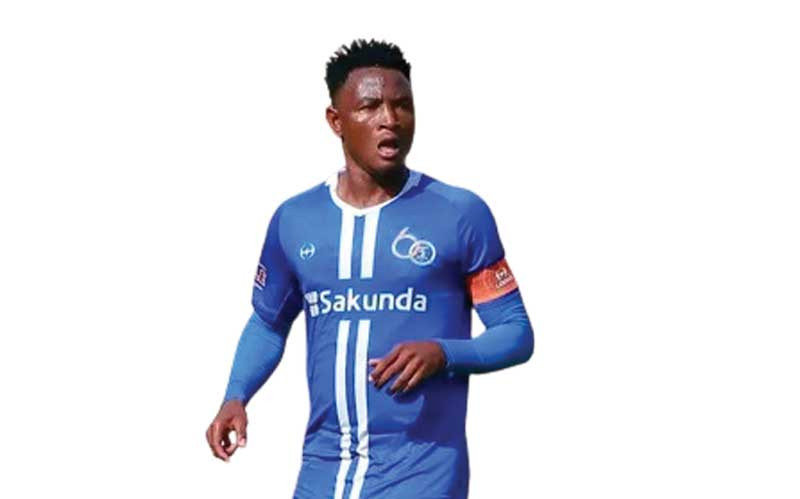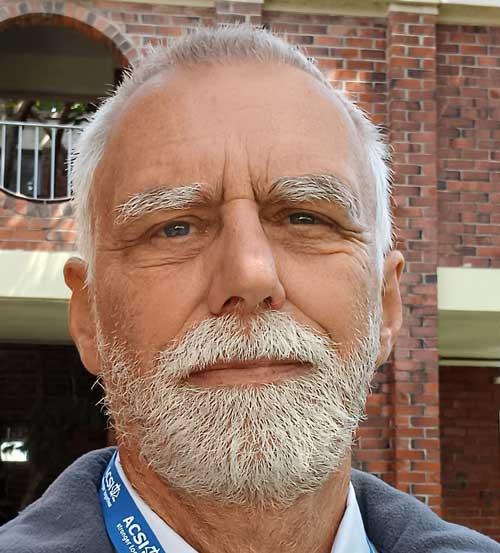
BY TIM MIDDLETON
Sonny Boy Williams recently announced his retirement from Rugby Union having won several World Cups with the All Blacks, but the reason he has retired is not so that he can put his feet up, rather he wishes to resume his boxing career, which at one time saw him become the New Zealand champion as well as the World Boxing Association (WBA) heavyweight champion. In addition, he has also represented New Zealand in Rugby League as well as the New Zealand seven-a-side team that went to the Olympics. Here is a sportsman, a sports man, to be more precise, a man who has played not just one sport at the highest level, but many sports.
He is not unique, however. JJ Williams was a great Welsh rugby wing who also represented Wales in Athletics at the Commonwealth games, while JPR Williams, a brilliant full-back for Welsh rugby won a British Junior Tennis title. Jeff Wilson played rugby and cricket for New Zealand. Eric Liddell played international Rugby for Scotland before winning Olympic Gold in the 400m in Paris in 1924. Then there is a little known fact that the great Viv Richards did not simply represent the West Indies in cricket with such distinction but also represented Antigua in qualification matches for the 1974 Soccer World Cup. AB De Villiers, the great South African cricketer was also short-listed for national hockey and football squads, while also excelling at rugby, swimming, tennis, badminton and golf.
In fact, many others have not simply played for their country in different sports at different times, but some have even done it at the same time, combining both careers simultaneously. Ellyse Perry is one such, a lady who has represented Australia in all formats of cricket over 100 times (and is still going strong) while also representing Australia in soccer; appearing in both cricket and football World Cups. Andy Goram was another who combined professional soccer and cricket in the modern era, being capped 43 times for Scotland in soccer and also capped 4 times for Scotland in cricket.
From a different era, Des O’Brien could beat that, representing different countries in different sports. He played rugby for Ireland (and the British Lions) but also played tennis for Wales, squash for Ireland and had trials for hockey for Wales. We could go on, but the point is made: these are sports men and women, people who play many sports, and are rightly called sportsmen and sportswomen.
Others place a different emphasis on the term “sportsman”, when they speak of sportsmanship, that being the quality of playing sport with an attention and priority to fairness, morals, respect, camaraderie and friendship. Sonny Bill Williams, who was mentioned at the start of this article, would also meet this criteria of being a great sportsman through his actions at the 2015 World Cup, when a young supporter who in his enthusiasm had run on to the pitch at the end of the match to greet his hero was knocked down heavily by a security guard. Williams escorted him back to his family, and then gave him his winner’s medal. Interestingly he saw nothing special about his actions, though. “It wasn’t about being a footy player, a rugby union player, it was just about being a good person. That’s how I was raised, to have good manners.” It is well known that the All Blacks hold to a mantra that says a better person makes a better player and Williams perhaps showed that.
Rudyard Kipling is not known for being a sportsman but many will know his poem entitled If. We might well be able to help our children become great sportsmen and women if we paraphrase the poem in sporting terms, along these lines: If you can stay calm under pressure; have confidence in your own ability even when others do not; show openness to listen to criticism and advice; have patience when results are not forthcoming; ignore abuse without returning it; retain humility; look for progress; readily and honestly reflect on your performances; accept victory and defeat similarly; recover from injury and setbacks with respect and courage; be prepared to take a chance; do not blame others for losses; show resolute determination to keep going through hard times; play with players of all abilities; stay humble in all situations; give one hundred percent at all times — if you can do all that, you will not only be a sports man but also a man. Being a great sportsman — a man or woman who plays many sports and who does so in the right spirit of sport — is important, but it is even more important to be a great man and great woman. Williams did that. Will our children do so?
- Tim Middleton is a former international hockey player and headmaster, currently serving as the Executive Director of the Association of Trust Schools Email: [email protected]











